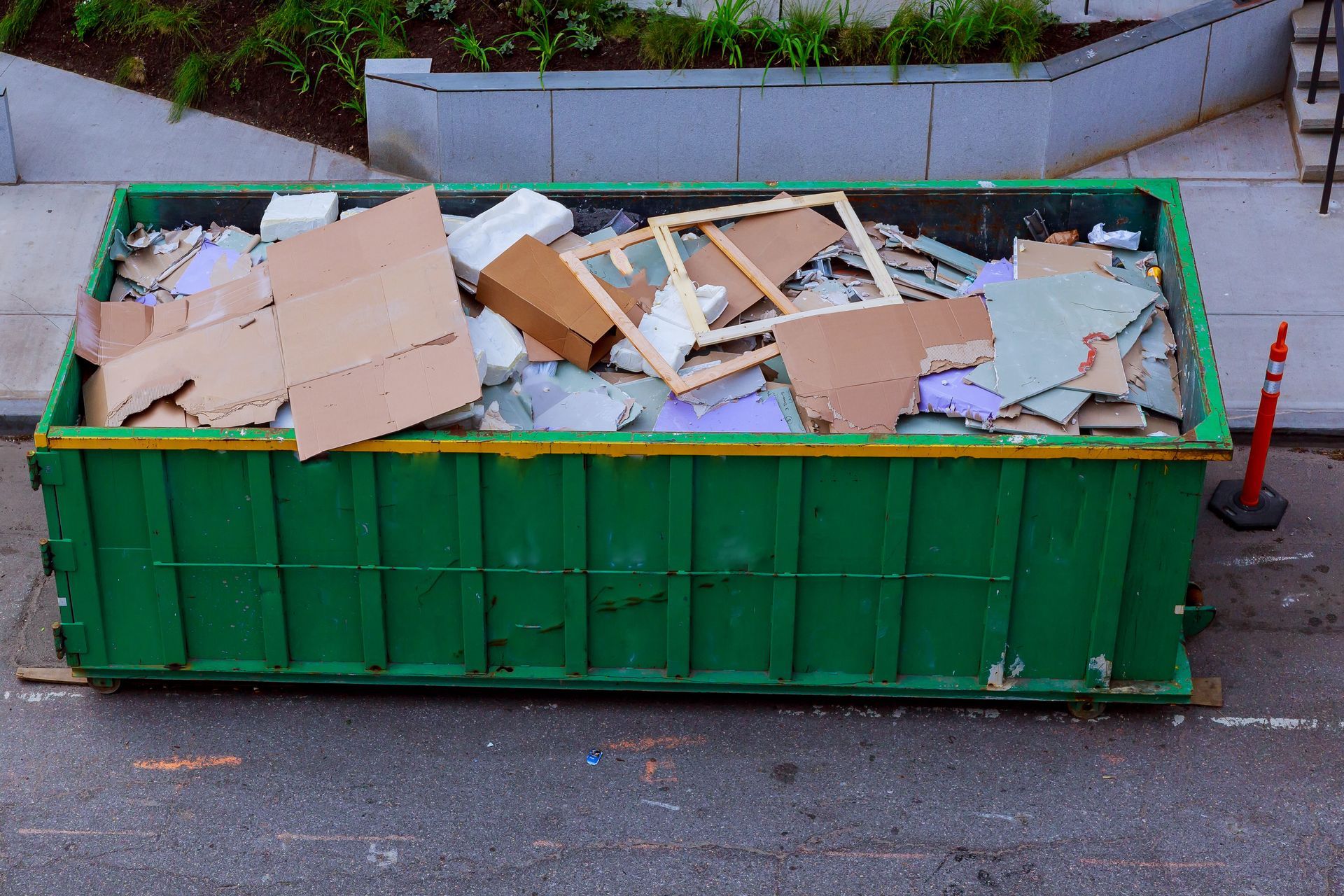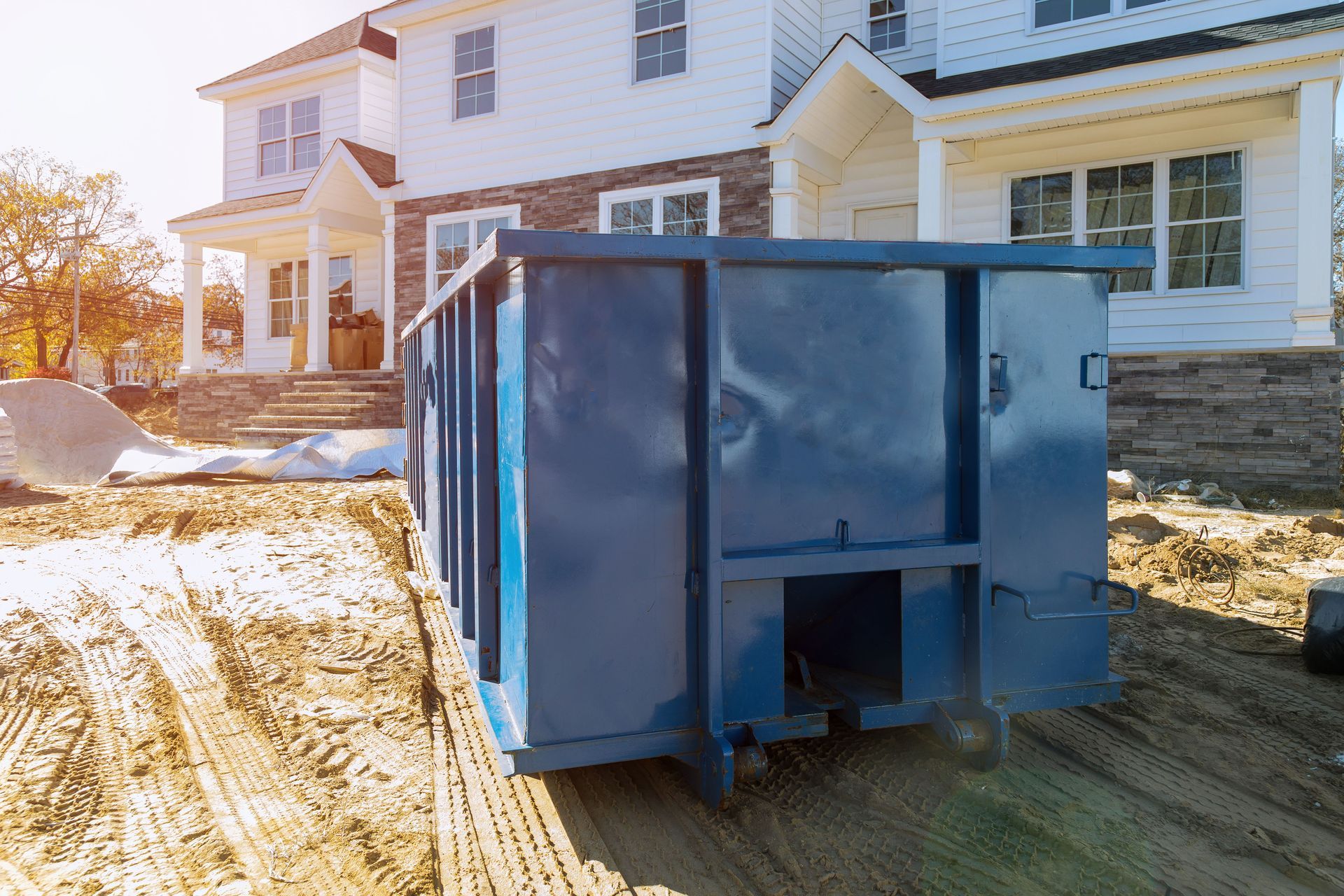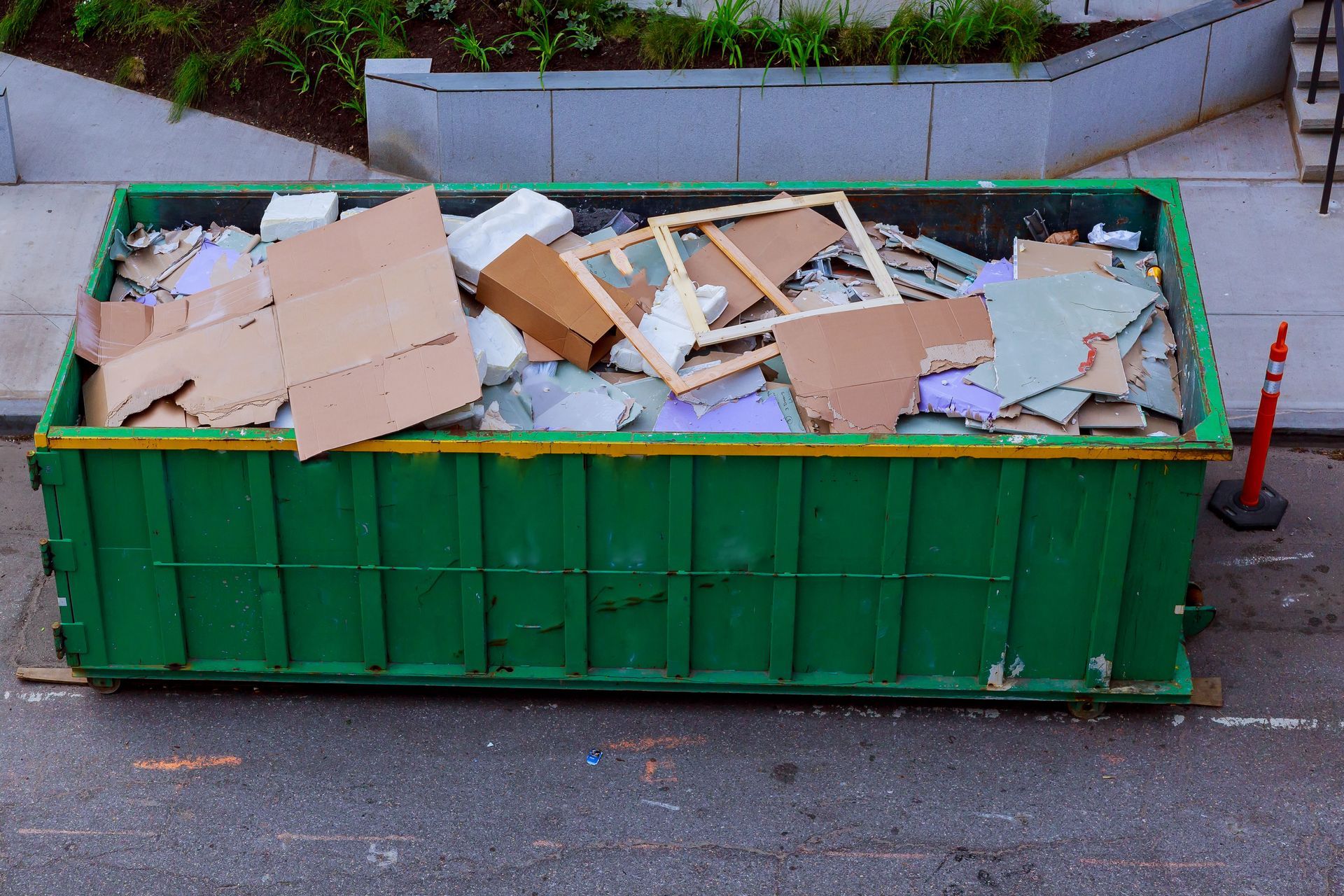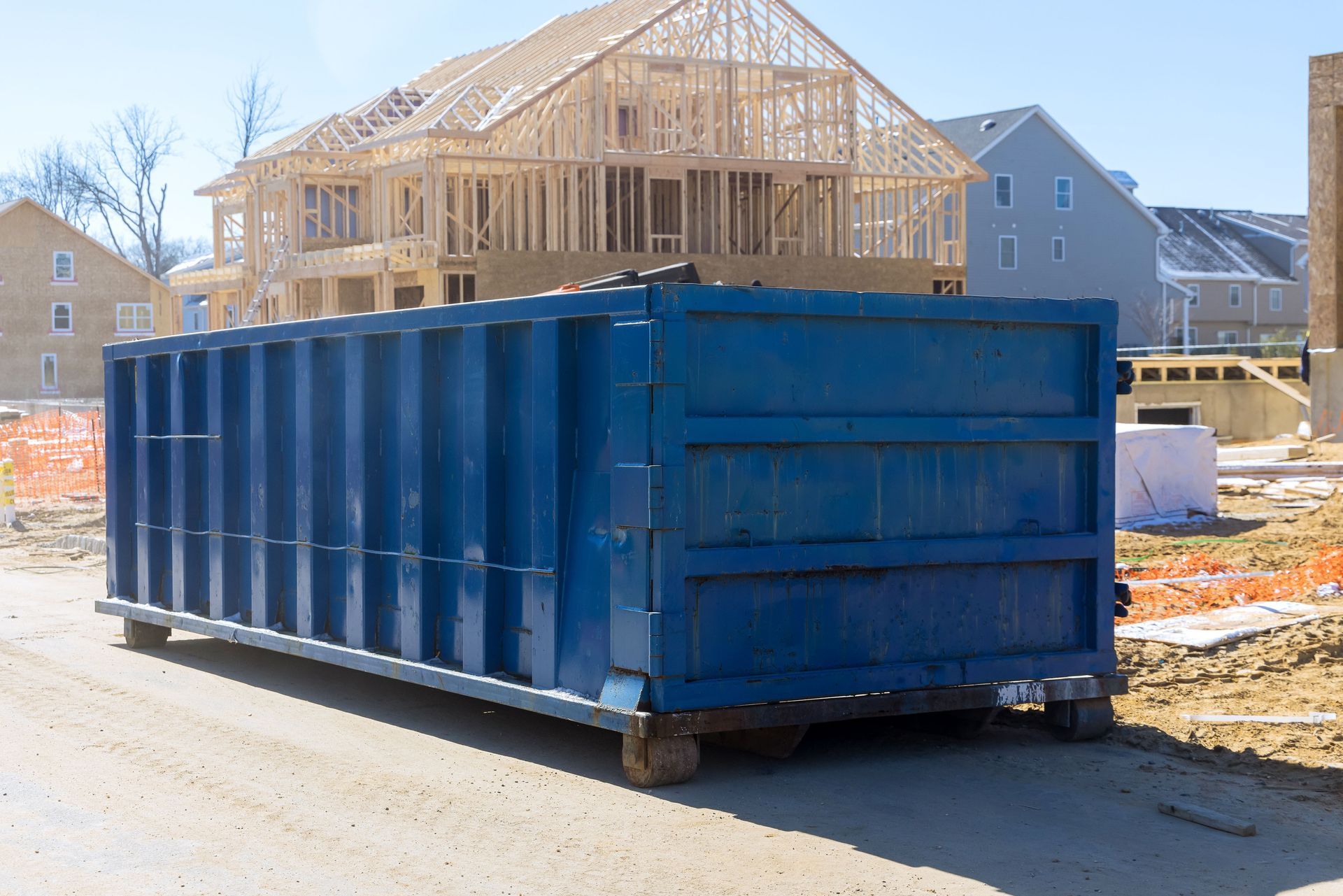Top Benefits of Construction Dumpsters for Waste Management
Waste management is a significant concern in the construction industry. Effective strategies are essential to ensure environmental responsibility, regulatory compliance, and operational efficiency. One such strategy involves the use of construction dumpsters. This article explores the top benefits of using a construction dumpster for waste management. In the following, we will delve deeper into why these dumpsters have become indispensable across various construction projects.
Streamlined Waste Collection
Construction dumpsters can be strategically placed on a worksite, providing easy access for workers. Their positioning reduces the time and effort needed for transferring debris from the construction area to the disposal site. Additionally, having a dedicated place for waste collection keeps the site organized. Effective placement also mitigates safety hazards, offering a clear working environment. As a result, construction projects can often be completed more efficiently and safely.
Accumulation of debris can quickly turn a functional worksite into a chaotic one. By employing construction dumpsters, debris is consistently removed from the workspace. This continuous clearing prevents bottlenecks and allows workers to focus on their tasks without unnecessary obstructions. In turn, this enhances productivity and reduces the risk of accidents associated with cluttered sites. Ultimately, it fosters a more controlled and streamlined working environment.
Ensuring safety on a construction site is of utmost priority, and managing waste correctly is integral to this. Using a construction dumpster helps to contain potentially hazardous materials, reducing the likelihood of accidents and injuries. By minimizing physical obstructions and hazards through efficient waste disposal, workers are at less risk of tripping or encountering unstable structures.
Increased Cost-Effectiveness
Using a construction dumpster significantly reduces the need for frequent trips to waste disposal facilities. This reduction in transport not only saves on fuel costs but also minimizes the wear and tear on vehicles. With dumpsters available on-site, waste can be stored until it reaches optimum disposal levels, ensuring fewer trips. Consequently, construction companies can allocate finances more efficiently, channeling savings into other project needs. Moreover, reduced transportation contributes to lowering the project's carbon footprint.
By having a centralized waste collection system with dumpsters, labor costs related to waste management activities decrease. Employees spend less time navigating the site to dispose of waste, allowing them to focus on core construction tasks. With time saved, projects are likely to be completed faster, resulting in reduced overall labor costs. A decrease in indirect labor costs also adds up, offering significant savings.
Construction projects are subject to various waste management regulations. Failing to comply with these regulations can result in hefty fines and penalties. Construction dumpsters help ensure waste is managed within legal frameworks, minimizing these risks. Proper waste management contributes to a company’s compliance track record, establishing credibility and reducing potential legal issues.
Demonstrated Compliance with Regulations
Local laws often mandate specific waste management practices for construction projects. Using construction dumpsters ensures compliance with these regulations. By adhering to local statutes, companies not only avoid sanctions but also demonstrate their commitment to lawful operations. This compliance promotes a positive image within the community and among regulatory bodies.
Construction companies must regularly update their waste management practices to align with evolving regulations. A construction dumpster offers a flexible solution, easily adaptable to policy changes. By using dumpsters, companies can quickly respond to regulatory updates without major overhauls. Continuous alignment with the latest standards ensures uninterrupted operations and averts potential disruptions.
Accurate documentation and reporting are crucial elements of regulatory compliance. Construction dumpsters facilitate meticulous tracking of waste disposal activities. This record-keeping fosters transparency and accountability, essential for both internal audits and regulatory inquiries. With the proper documentation, companies can showcase their compliance stringency to stakeholders.
Enhanced Environmental Responsibility
Construction projects generate various types of waste, some of which may be hazardous. Construction dumpsters ensure proper segregation and disposal of these materials, preventing environmental contamination. This responsible disposal aligns with best practices for health and environmental safety. Appropriate treatment of hazardous substances diminishes potential harm to both workers and ecosystems. As a result, companies mitigate risks and further their environmental stewardship efforts.
According to the EPA, in the US, about 32% of municipal solid waste (MSW) is recycled or composted. A construction dumpster can support recycling efforts by facilitating the separation of recyclable materials. By incorporating dumpsters dedicated to recyclable waste, construction companies promote sustainability. Recycling these materials reduces the overall volume of waste, conserving natural resources.
Efficient waste management through use of a construction dumpster contributes to reducing the overall carbon footprint of a project. By consolidating trips to disposal facilities and minimizing wastage, greenhouse gas emissions decrease. Beyond transportation, comprehensive waste management reduces the energy consumption associated with new material production. Consequently, each project’s environmental impact is lessened.
Expanded Versatility in Waste Management
Construction dumpsters are equipped to handle multiple waste streams, from construction debris to organic materials. This versatility accommodates the diverse waste generated on construction sites, from wood and metal to concrete and bricks. By managing an array of materials, construction projects can centralize their waste solutions. Centralizing waste management facilitates segregation and encourages better recycling practices. Therefore, dumpsters cater to multifaceted waste management needs seamlessly.
Every construction project varies in scale and waste output. A construction dumpster can offer scalable solutions, adaptable to fluctuating project demands. Whether for small renovations or large-scale builds, these dumpsters can be adjusted in number and size. This scalability ensures an optimal fit for any project's waste management requirements. As projects grow or contract, dumpsters adapt accordingly, enhancing resource allocation and cost efficiency.
The flexibility of construction dumpsters goes beyond simple scalability. Many service providers offer custom configurations tailored to specific project needs and goals. This customization might include specialized compartments for hazardous waste or recycling-specific sections. Such adaptability enables construction companies to address unique disposal challenges proactively. Tailored solutions enhance the effectiveness and efficiency of waste management strategies on site.
Improved Aesthetics and Reputation
A clutter-free worksite is not only visually appealing but also encourages a more organized workflow. Construction dumpsters help maintain cleanliness by providing designated disposal points for debris. Keeping waste gathered and contained improves both functionality and aesthetics of the site. A neat environment reinforces professionalism and enhances team morale. This streamlined appearance positively impacts daily site operations and outcomes.
Communities surrounding construction sites often perceive the activities taking place based on visible organization and cleanliness. Using construction dumpsters reflects responsibility, reducing visual pollution from debris piles. Maintaining a tidy site cultivates goodwill among residents and fosters positive public relations. These efforts strengthen the company’s community ties and reputation. A favorable community perception can also lead to future opportunities and collaborations.
Professional waste management can significantly enhance a company's brand image. Demonstrating commitment to environmental stewardship and operational efficiency attracts discerning clients. Potential clients often consider these attributes as a reflection of quality and reliability. By showcasing efficient waste management practices, a construction company can differentiate itself from competitors. A strong focus on sustainable practices appeals to increasingly eco-conscious clientele, opening doors to new business opportunities.
Construction dumpsters play a crucial role in the reliable management of waste in the construction industry. Their benefits extend beyond mere convenience and cost savings, contributing to regulatory compliance, environmental responsibility, and enhanced reputation. By incorporating a construction dumpster into their waste management strategies, construction companies can achieve more efficient and sustainable project outcomes. If your construction project needs an enhanced waste management solution, request a quote from Debris Box today.





Share On: